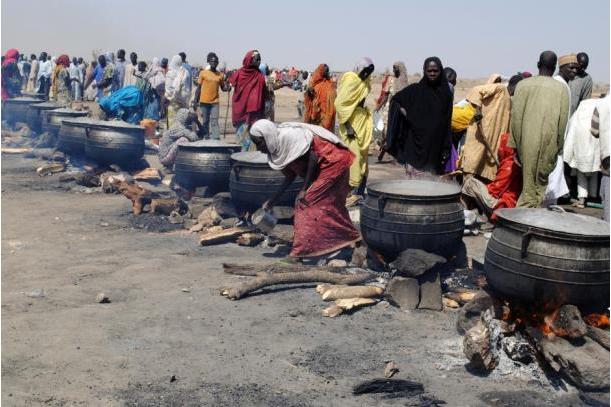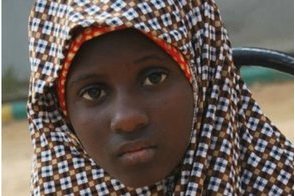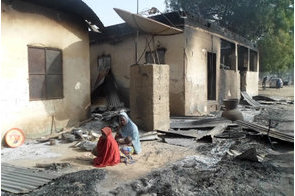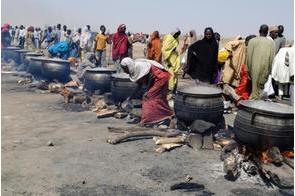Report estimates $4 billion as economic cost of IDPs in Africa

Summary
The average economic cost of internal displacement in Nigeria is estimated at $462 million per annum.
A new report by the Internal Displacement Monitoring Centre (IDMC) shows that the economic impact of internal displacement on sub-Saharan African (SSA) countries is estimated at $4 billion every year. The report, "Unveiling the cost of internal displacement in Africa," was also accompanied by the "2019 Africa Report on Internal Displacement," which provides up-to-date information on the scale of internal displacement in Africa as well as the factors driving displacements on the continent.
According to the Geneva-headquartered IDMC, Africa is home to some of the world’s worst humanitarian crises. Around 40 per cent of the total number of Internally Displaced Persons (IDPs) – or nearly 17 million people – were living in Africa as at the end of 2018. SSA has been more affected by internal displacement associated with conflict and violence than any other region in the world over the past decade, according to one of the reports.
The IDMC said it recorded more than 7.5 million new displacements triggered by conflict and violence in 2018 alone. The region also recorded 2.6 million IDPs linked to drought and floods in 2018.
The report on the financial impact of internal displacement in the region shows that the average annual losses at the national level vary from $21 million in the Republic of the Congo, to $755 million in Sudan. The average economic cost of internal displacement in Nigeria is estimated at $462 million per annum. In a previous report released in February, the organization provided the estimate on the economic impact of internal displacement globally, putting the figure at nearly $13 billion annually.
“The African Union declared 2019 the year of refugees, returnees and internally displaced people to mark the tenth anniversary of the Kampala Convention,” said Alexandra Bilak, Director of IDMC. “While there have been some promising developments throughout the year, such as Ethiopia, Niger and Somalia adopting laws and policies on internal displacement, the overall rise in displacement across Africa this past decade shows that measures to establish peace and improve security, reduce disaster risk, or adapt to the effects of climate change have not been sufficient.”
The report said Africa’s rapid and unplanned urbanization has exposed a greater number of people to displacement risk. Climate change is also making natural hazards more intense and less predictable. These factors combine to drive a high level of displacement risk in the region.
“The devastating impacts of this on people’s safety and wellbeing are already clear; but what we are only just beginning to understand are the long-term economic consequences for individuals, host communities, governments and societies as a whole,” said Bilak.
The IDMC Director said internal displacement presents a major obstacle for achieving peace, prosperity, growth and sustainable development. She, therefore, called for greater political will to develop and implement policies and long-term social and economic investments that will be essential. IDMC said this research highlights the need to stop thinking of internal displacement solely as a humanitarian issue, and build prevention and response into national development plans.
Related
-
Denmark pledges $2.9 million aid for child victims of Boko Haram
The Danish government said it has contributed over $7.1 million in humanitarian aid to regions affected by Boko Haram.
-
EU approves €143 million for rehabilitation of Borno State
A large proportion of the Borno population has little or no access to clean water, sanitation, shelter, education, primary ...
-
Report estimates $13 billion as global economic cost of IDPs
Around 40 million people were internally displaced globally as of 2017 due to conflict, natural disasters, or both.










